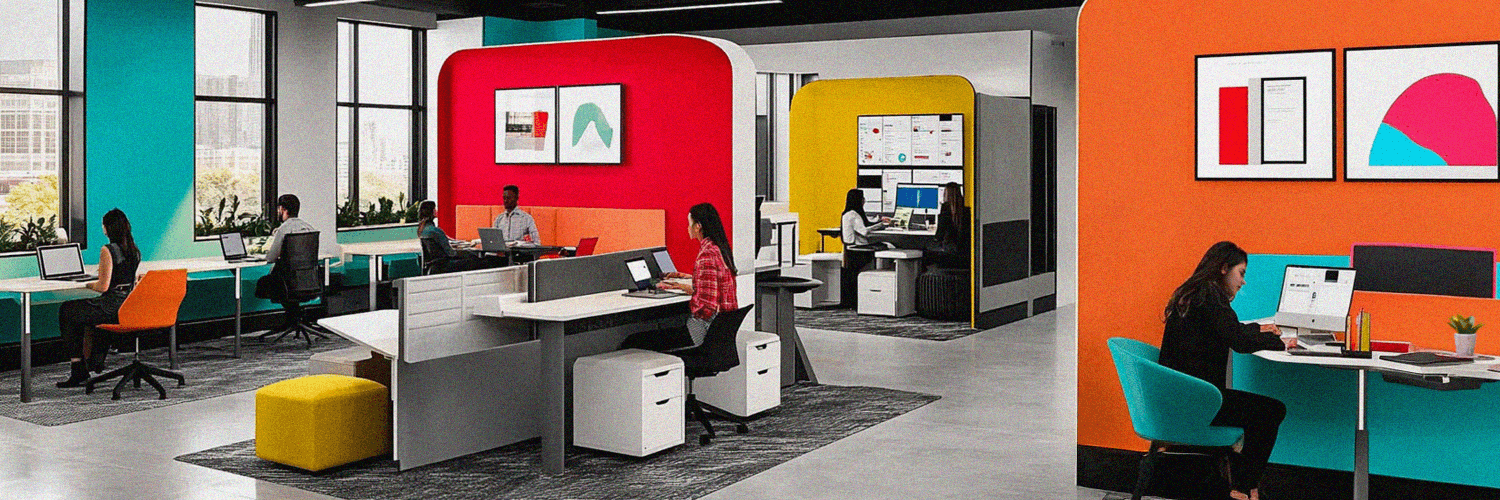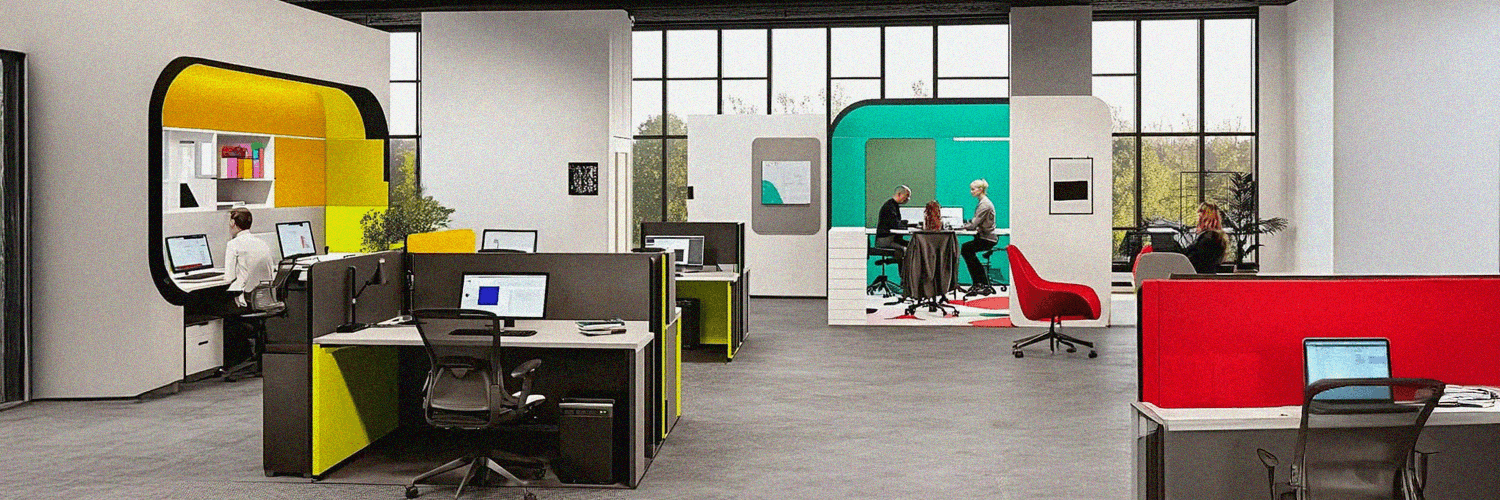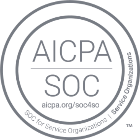The world of work is entering a new era characterized by bold strategies and innovative solutions to meet changing challenges. For leaders, 2025 is an opportunity to create an environment that prioritizes employee satisfaction, productivity and long-term business success.
This article looks at what leaders are prioritizing in the workplace to improve the employee experience in the coming year. From flexible work policies to mental health initiatives, we’ll look at actionable strategies that are redefining the way we work. Let's take a look at what 2025 might hold!
TL;DR:
- Flexibility takes center stage: Hybrid work models, remote options and flexible hours are reshaping how and where work happens.
- Well-being and inclusion matter more than ever: Leaders are prioritizing mental health, work-life balance and genuine cultures of belonging to foster healthier, more engaged teams.
- Technology and sustainability drive the future: Investments in innovative tools and green practices will improve productivity, collaboration and environmental responsibility.
Flexible Work Policies: Balancing Business Needs and Employee Expectations
Flexible work is no longer a perk—it’s an essential expectation. Leaders in 2025 are refining flexible work policies to meet operational needs while accommodating employee preferences. From hybrid models to remote options, the goal is to empower teams while maintaining productivity and fairness.
Karlie Cremin, Managing Director of Dynamic Leadership Programs Australia, emphasizes the importance of flexibility: "In 2025 we'll be focusing on flexible ways of working so that our teams can better play to their strengths. This includes not just WFH but also how tasks are approached individually and collectively.”
Leaders are also recognizing the importance of fostering connection. Wesley Littlefield, Marketing Manager at Anglers, shares, “We’re introducing flexible workweeks and quarterly team-building retreats to foster stronger relationships and refresh our collective creativity. Our team members work hard to understand and engage our audience, and this seasonal flexibility will allow them to immerse themselves in the very activities that drive our brand forward.”
Deepak Shukla, CEO of Pearl Lemon, adds: “In 2025, flexibility will remain at the heart of our policies, with hybrid models, flexible hours, and remote work options empowering employees to work in ways that suit their lifestyles. Technology integration will play a central role in streamlining communication, enhancing project management, and automating routine tasks to help teams perform at their best. Employee well-being is a top priority, with initiatives such as mental health workshops and mindfulness training aimed at creating a balanced, productive and resilient workforce.”
Indeed, flexibility is no longer just about where work happens—it’s about rethinking how it’s done, ensuring that policies encourage trust, productivity, and collaboration.

Technology Upgrades: Enhancing Productivity and Collaboration
Technology continues to revolutionize work by enabling smarter and more efficient ways of operating, from AI-driven scheduling tools to collaboration platforms. In 2025, leaders are focusing on tools that simplify workflows and foster seamless collaboration.
“We’re deploying a unified project management platform tailored to our workflows to enable smoother collaboration between departments, and partnering with UX experts to streamline internal processes, ensure results for our clients, and improve the day-to-day experience for our team," says Paul DeMott, Chief Technology Officer at Helium SEO. “Simplifying workflows will allow employees to focus on high-impact work without getting bogged down with administrative tasks.”
Artificial intelligence and analytics are also playing a growing role. Reagan Bonlie, Founder of Nudge Money, highlights: “We’ll be focusing on financial wellness by providing personalized education and tools to help our employees make confident decisions and by leveraging AI and analytics to understand financial behaviors and deliver actionable insights. By aligning financial wellness with mental health initiatives we’ll foster a culture that reduces stress, so employees can thrive personally and professionally.”
These technological advancements are helping organizations optimize workflows, improve collaboration, and deliver better employee experiences.
“In 2025, workplace leaders must focus on enabling real flexibility for their employees, helping individuals thrive, and embedding well-being into everyday culture. We must prioritize mental health, emotional support, and creating environments where employees feel trusted to take charge of their own well-being. Technologies such as AI and automation should free up creativity by eliminating mundane tasks and supporting people rather than replacing them,” says Peter Murphy Lewis, CEO of Strategic Pete.
Well-Being Initiatives: Prioritizing Mental Health and Work-Life Balance
Employee well-being will be central to workplace strategy in 2025, with leaders investing in initiatives that promote mental health and a balanced approach to work.
Dr. Maria Knobel, Medical Director at Medical Cert UK, emphasizes this priority: “I plan to bring in consultants to support employees’ mental health and give them the tools they need to improve their well-being. “This initiative will create a healthier workplace and ensure employees feel supported beyond their clinical duties.”
Leaders are also exploring creative ways to improve work-life balance in order to not only boost employee satisfaction, but also improve retention and performance. “We’re introducing well-being days. Every last Friday of the month we'll do something other than usual work, such as office bake-offs, board games, and sports days,” says Richard Sharrock from the Sood Agency. “Another thing is that we're adding a system so that for every year an employee works here, we're giving them an extra holiday for up to 10 years. We'll also be getting new chairs for everyone, as back ache seems rife.”
Jayant Surana, Marketing Manager at Everyday Delta, adds: “We're introducing a structured feedback loop for our employees in 2025 to better understand the needs of the team and improve job satisfaction. This includes monthly open mic meetings and pulse surveys that provide quick insight into morale and specific challenges.”
Fortunately, in 2025 well-being will no longer be an afterthought. It’s an integral part of building a resilient, engaged workforce that thrives in today’s demanding environment.

Building a Culture of Inclusivity and Belonging
In 2025, inclusivity moves beyond policies and checking off boxes to become an everyday practice. Leaders are working to foster belonging by reevaluating hiring processes, establishing resource groups, and designing workspaces that reflect diverse needs
Andy Reid, Director at Apollo Auctions Victoria, explains: ”In 2025, my focus is on recalibrating workplace dynamics to accommodate the generational diversity in our teams. Critical thinking will play a central role in designing environments where individuals can opt into meaningful collaboration that genuinely moves the business forward. Providing platforms for employees to self-promote, along with personalized guidance and development plans tailored to how each individual is wired, will be key to retaining top talent.”
Inclusivity is about creating spaces where employees feel valued, connected, and empowered to contribute at their best, whether it's through mentorship programs, flexible accommodations, or inclusive design principles.
"2025 is about redefining the workplace to make it more inclusive, technology-driven, and human-centered. We're building stronger micro-communities within our teams through peer mentoring circles, digital detox days, and access to mental health resources,” says Chai Bade, Founder of The Bunch Up. “We’re also exploring ways to extend flexible work beyond location to include flexible hours and role-sharing opportunities. This ensures inclusivity for diverse employee needs, from caregivers to digital nomads.”
Sustainability Goals: Aligning Business with Environmental Responsibility
Sustainability has become a core business priority for workplace leaders, with 2025 bringing a sharper focus on green practices, reducing energy consumption, and aligning operations with broader environmental goals “We aim to integrate green practices, from reducing office waste to incentivizing employees to adopt sustainable habits at home,” adds Chai Bade, Founder of The Bunch Up.
From obtaining green certifications to adopting renewable energy solutions, companies are embedding sustainability into their operations. Employees are also encouraged to participate in eco-friendly initiatives, aligning individual actions with organizational goals.
“We’re focusing on personalized career growth paths for employees, corporate social initiatives, and creating a workplace that ensures both efficiency and well-being,” says Alexandr Korshykov, CEO of DreamX.
With tools like YAROOMS' workplace management platform, organizations can gain greater visibility into how their spaces and resources are being used. By streamlining resource usage and optimizing energy consumption, these tools help reduce unnecessary waste, reduce operating costs and improve overall efficiency. This not only supports more flexible and adaptable work environments, but also makes an important contribution to sustainability efforts, such as reducing emissions and achieving greener workplace operations.

Fostering Continuous Learning and Development
Rapid workplace changes demand continuous learning and upskilling to keep employees ahead of the curve. In 2025, leaders are prioritizing personalized development paths and innovative training solutions.
Michael Benoit, Founder of California Contractor Bond & Insurance Services, explains, "New hires will have a dedicated onboarding mentor and access to a streamlined online platform that guides them through the first 90 days. For existing employees, we’re launching an internal knowledge repository to centralize essential resources and make processes more efficient. This initiative aims to minimize frustration with redundant tasks and empower team members to focus on high-value work.”
From online courses to in-house training, companies are creating opportunities for growth. Personalized learning paths and mentoring programs are also growing in popularity as they provide tailored support to employees at all levels; leadership development is also a critical focus.
"We’ll host regular workshops focused on personal and professional development, covering leadership skills, conflict resolution and effective communication. These workshops will empower our employees to grow and prepare them for future leadership roles. Moreover, we aim to implement a robust recognition program that highlights individual achievements and team successes. Celebrating milestones together can strengthen camaraderie and foster a sense of belonging," says Josh Qian, COO and Co-Founder of Best Online Cabinets.
Wrapping Up
2025 marks a pivotal moment for workplace leaders to embrace change and drive transformation. Flexible work policies, technology upgrades, mental health initiatives, inclusivity, sustainability, and continuous learning will define the future of work.
Organizations that prioritize these strategies won’t just improve their employees’ experience—they’ll build stronger, more resilient businesses. As we return to work after the holidays, it’s the perfect time to rethink priorities and set the stage for a more inclusive, innovative, and sustainable workplace.
Let 2025 be the year of change — one that sets the course for a better future of work for us all.










